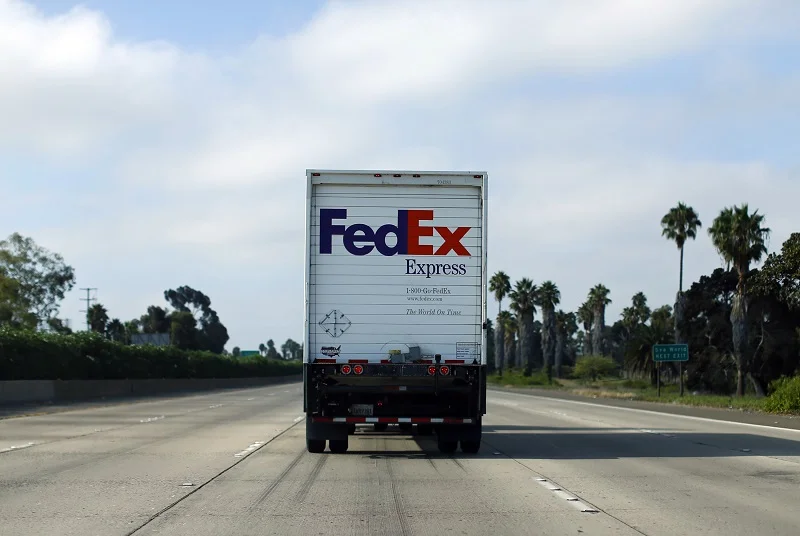The list of major western companies turning their backs on Russia is growing in the fallout over the country’s military offensive in Ukraine.
List of major western companies exiting Russia so far included Shell, BP, ExxonMobil, Eni, Centrica, Equinor, HSBC, Volkswagen, Volvo, General Motors, Maersk, Ocean Network Express, AerCap, United Parcel Service, FedEx, Microsoft, Google, Daimler Truck, Harley Davidson, Meta, and Apple.
General Motors Co. said it was halting shipments to Russia, citing “a number of external factors, including supply chain issues and other matters beyond the company’s control.”
The US and its allies in Europe imposed a host of sanctions on Moscow, while some Russian banks were barred from the Swift global financial network.
The US Treasury prohibited Americans from engaging in transactions with the Bank of Russia, the Russian Direct Investment Fund and the country’s Ministry of Finance.
Read More:
Hackers play Ukrainian anthem on Russian TV channels
$1.7bn appeal launched to help Ukrainian refugees, host countries
Some countries closed their airspace to Russian aircraft, and the US Justice Department is also seeking to seize yachts, luxury apartments and private jets belonging to wealthy Russians with ties to Putin.
Meanwhile, five out of the world’s six biggest container lines have suspended bookings to and from Russian ports after the invasion of Ukraine.
Hapag-Lloyd announced the suspension of bookings to Russia last week, followed by ONE and Maersk. MSC and CMA CGM followed suit on Tuesday. The details vary between carriers, and at least one – MSC – will continue partial service.
“Mediterranean Shipping Company is introducing as of 1 March, with immediate effect, a temporary stoppage on all cargo bookings to/from Russia, covering all access areas including Baltics, Black Sea and Far East Russia,” MSC said in a statement. “MSC will continue to accept and screen bookings for delivery of essential goods such as food, medical equipment and humanitarian goods.”
MSC cited the rising tide of sanctions targeting Russian commerce in explaining its announcement. CMA CGM pointed to the need to maintain safety, and it said that it would also be upping its cybersecurity efforts, responding to the heightened cyber threat environment.
With the exception of ONE, most East Asian carriers – notably Chinese state-owned COSCO, the fourth-largest line – have not announced any changes to service to Russia.
On the other hand, the European Union also cut seven Russian banks from the SWIFT payment system and banned Kremlin-controlled media outlets RT and Sputnik from broadcasting into the bloc.
The measures, effective immediately, were the latest ratcheting up of the Western-coordinated sanctions on Russia for its invasion of Ukraine, now in its seventh day.
“At the speed of light, the European Union has adopted three waves of heavy sanctions against Russia’s financial system, its high-tech industries and its corrupt elite,” European Commission chief Ursula von der Leyen said in a statement.
In a move that will reverberate well beyond the business community, the world soccer body FIFA and the European authority UEFA banned Russian teams from games. “Football is fully united here and in full solidarity with all the people affected in Ukraine,” it said in a joint statement. Adidas AG also suspended its partnership with the Russian Football Union.
The entertainment industry has also reacted, with Sony Pictures suspending new movie releases in Russia, according to Nikkei, which cited a company statement.
A boycott of one of Russia’s most iconic products, vodka, is also gathering steam, with at least three US governors ordering the removal of Russian-made or branded spirits from stores. One of the largest alcohol chains in New Zealand pulled thousands of bottles of Russian vodka from stock — filling the empty shelves with Ukrainian flags.


